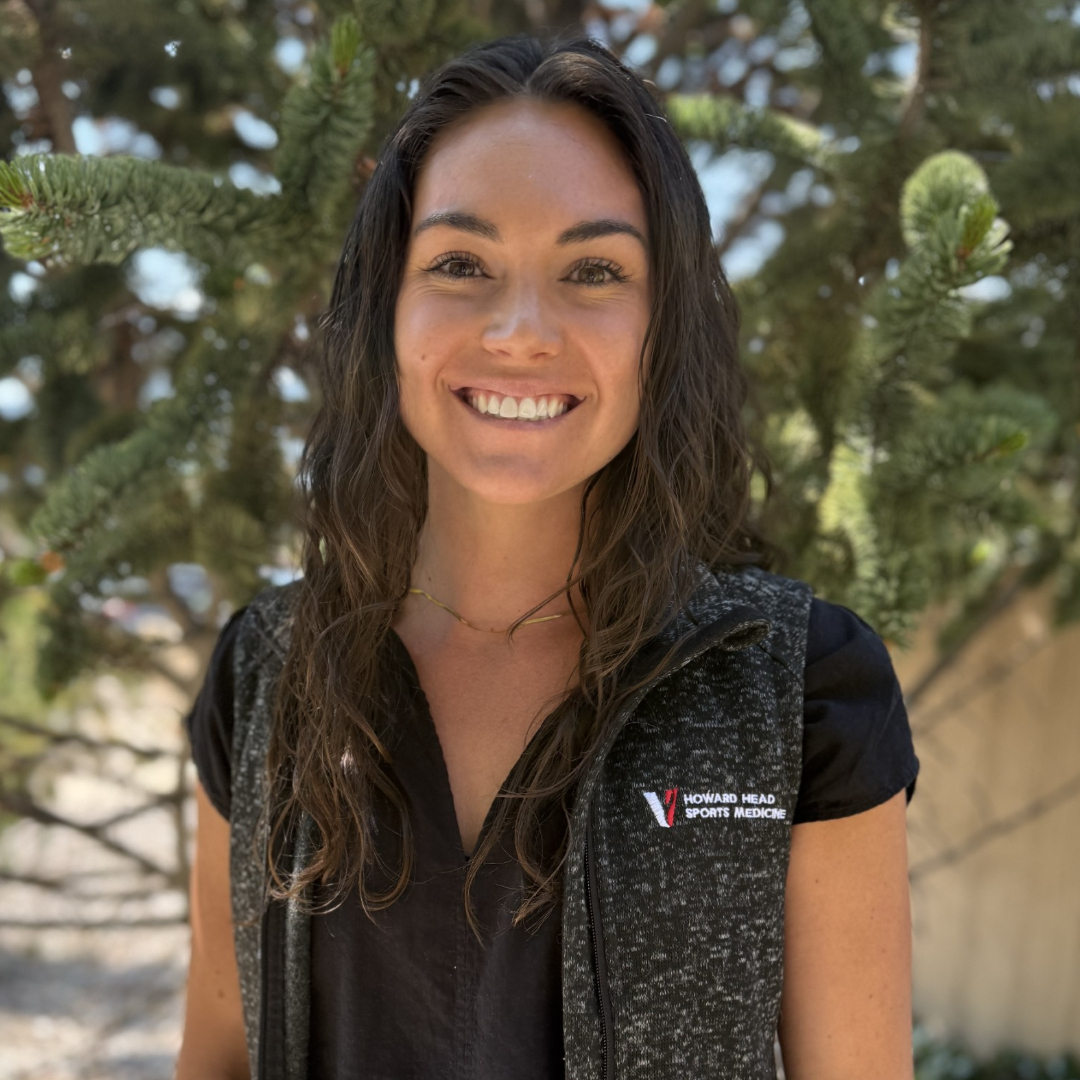Speech Language Pathologists Evaluate and Treat:
- Receptive and expressive language
- Intelligibility of speech
- Fluency of speech
- Cognitive and executive functioning
- Feeding and swallowing
- Social skills
- Vocal quality
- Need for Assistive Technology/Augmentative and Alternative Communication (AAC)








